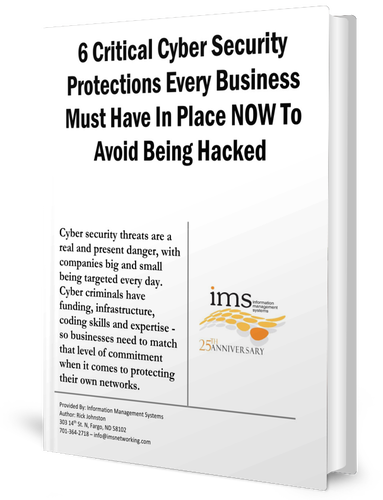 Businesses face a range of challenges related to data security. The threats are ever-changing and evolving to offset our ability to recognize them easily. With human error at the top of the list of risk factors, employees giving away sensitive information is a challenge. The advent of large language models (LLM), chatbots, and other digital assistants like ChatGPT makes this concern particularly relevant. Especially for companies that deal with confidential client information or proprietary data. In those cases, the consequences of a data breach can be severe.
Businesses face a range of challenges related to data security. The threats are ever-changing and evolving to offset our ability to recognize them easily. With human error at the top of the list of risk factors, employees giving away sensitive information is a challenge. The advent of large language models (LLM), chatbots, and other digital assistants like ChatGPT makes this concern particularly relevant. Especially for companies that deal with confidential client information or proprietary data. In those cases, the consequences of a data breach can be severe.
The issue of employees giving away sensitive information is not a new one. In recent years, there have been numerous high-profile data breaches where employees were found to have leaked sensitive data to third-party platforms, including chatbots. This has resulted in significant financial losses for businesses, as well as reputational damage that can be difficult to recover from.
Invest In Your Team
One of the main reasons that this can happen is a lack of awareness or training around data security. In many cases, employees may not realize that the information they are sharing is sensitive. They likely don’t understand the potential consequences of sharing that information with an external platform. This is particularly true when it comes to chatbots, as they are designed to be conversational and may seem harmless to those who are not familiar with data security best practices.
Another reason is the ease of use and convenience of these platforms. Accessed through a range of devices, including smartphones and laptops, chatbots are designed to be intuitive and user-friendly.
Action You Can Take
To address the concern and offset the risk, businesses need to take a proactive approach to data security. This includes investing in employee training programs, and an ongoing approach to educating, and growing with the changing threat landscape.
Companies can implement policies and procedures that limit access to sensitive information. They can establish guidelines that require employees to seek approval before sharing data with external platforms is another approach.
Implementing encryption and multi-factor authentication can also protect your business. These solutions can help to secure data and prevent unauthorized access, reducing the risk of data breaches and other security incidents.
End to End Cybersecurity Protection
A diversified and all-encompassing approach to data security, such as investing in employee training programs, implementing policies and procedures, and using advanced security solutions is ideal. This not only minimizes the risk of data breaches, but it also can protect your business from financial losses and reputational damage.



